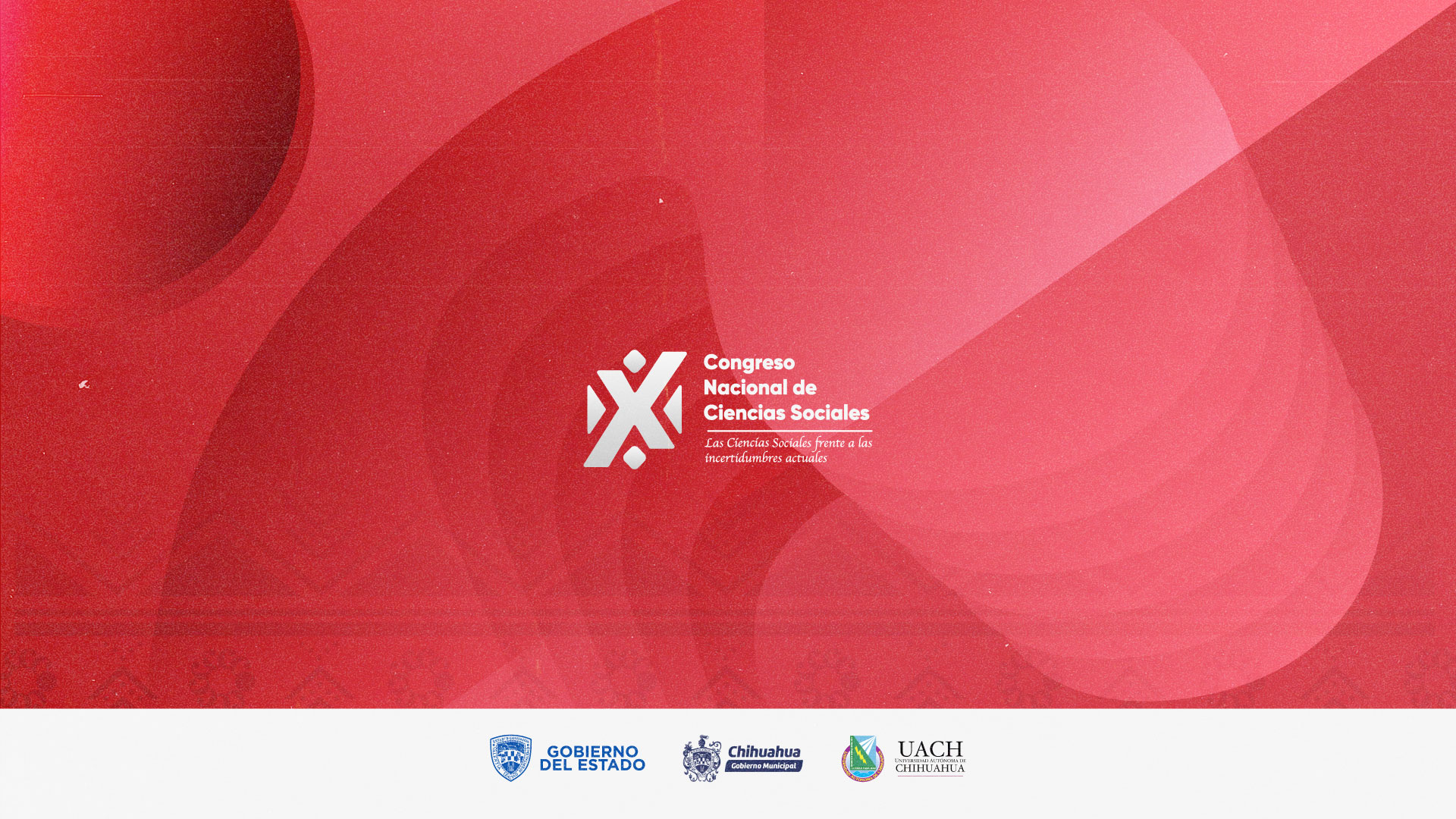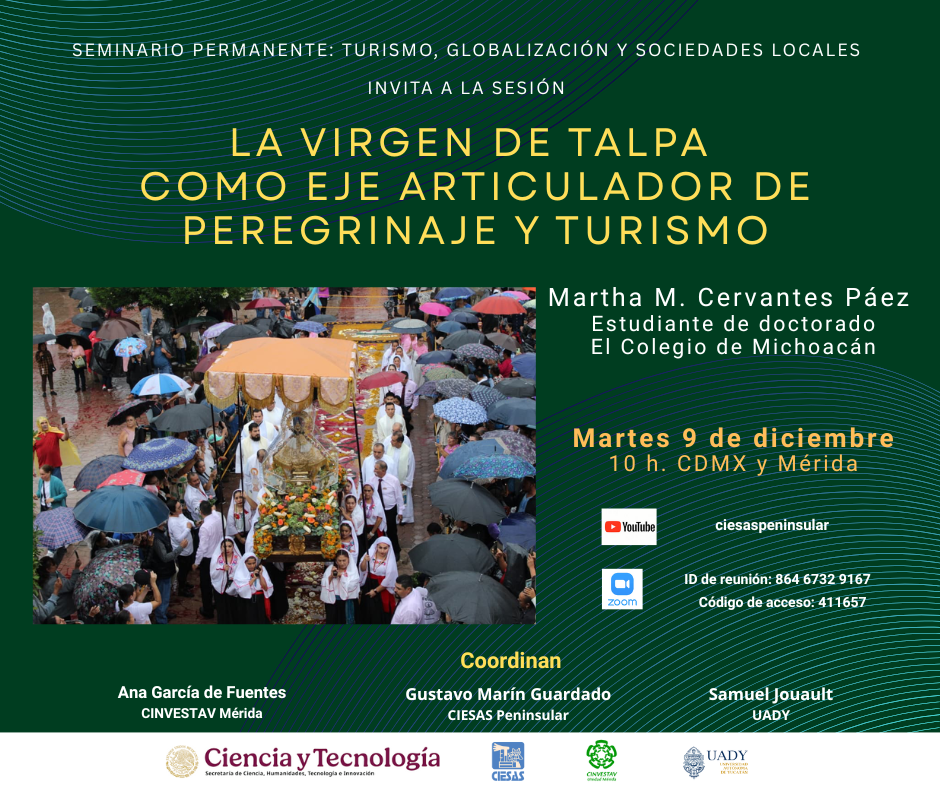Movements at the Millennium
SEATTLE+20
Movements at the Millennium
Call for Papers: Special issue of the journal of Socialism and Democracy
Summary. Twenty years after the so-called “Battle in Seattle” and the millennial turn, we seek papers that help explain the 1990s-2010s period of struggle in the United States. In particular we are interested in accounts and analyses of the popular movements of this period and the different frameworks informing these mobilizations. Socialism and Democracy is a peer reviewed academic and practice-based journal that brings together the worlds of scholarship and activism, theory and practice, to examine in depth the core issues and popular movements of our time. Abstracts for this issue are due March 15th and full manuscripts are due May 1st of 2019; please see “How to Submit,” below, for details.
Description. November 30th through December 6th of 2019 will mark twenty years since the 1999
anti-WTO protests in Seattle—known as the “Battle of Seattle”—when 50,000 to 100,000 protestors took the streets in opposition to the World Trade Organization. As the first truly major U.S. street mobilization against corporate capitalism since the early 1970s, what happened in Seattle produced tangible wins for popular movements, including the derailing of the WTO and MAI processes. It also signaled to the world the emergence of a new period of struggle within the United States as well as a more general reorientation towards understanding local struggles as embedded in global processes.
Clearly a transnational countermovement was possible; clearly alternatives to capitalist forms of globalization were desperately needed (it was Seattle, in fact, that catalyzed the early conversations leading to the World Social Forum).
The Seattle protests also revealed and reified many changes in movements and their repertoires, including new organizational forms and activist tactics; renewals and reimaginings of older ideological frameworks for collective action; and changes in the constitution of the primary historical actors of the period, both in the U.S. and throughout the world. It was in Seattle, for example, that the cosmopolitan world first saw the utility of digital communications such as Indymedia and early forms of social media for transnational networks. After Seattle, summits of global governing bodies and multinational corporations became primary sites of struggle. And autonomist organizing models that valued decentralization, popular sovereignty, horizontality, and direct democracy became dominant organizing logics driving new mobilizations.
Implicated in these developments were a series of “turns” by large numbers of people towards a number of overlapping ideological and identitarian currents—anarchist, democratic, global, and socialist. These turns, sped by earlier mobilizations (particularly Redwood Summer, the Los Angeles Uprising, Zapatista Uprising, and Active Resistance; as well as more generalized popular
anti-corporate politics among labor, student, and community activists throughout the 1990s) set the pattern for much of the early 21st century activism that followed, including the anti-war movement, the Day Without an Immigrant, the Wisconsin Uprising and #Occupy movement, and later, common framings of Black Lives Matter and the climate justice movement as struggles against global capitalism.
Yet despite its successes and longer-term impacts, Seattle and the many “Movements at the Millennium” also reflected a number of limitations in terms of tactics, strategies, visions, and frameworks. Furthermore, over the course of two decades much has changed. IndyMedia was destroyed and its tools adopted by capitalist media corporations. Summit-hopping has long since been replaced with reclamation of public space and takeovers of highways, not to mention the larger strategic shift toward the direct pursuit of state power and the positing of alternatives. Indeed, it seems arguable that since Trump’s election we have been living in a different phase of activist mobilizing altogether. Although clearly related to corporate power and global capitalism, many activists today are more focused on combating overt fascism, misogyny, and white supremacy.
This collection is intended to serve as a reflection on U.S. activism and mobilizations immediately preceding and since the turn of the millennium: What forces shaped the mobilizations that led up to Seattle, what happened in Seattle, and where have activists taken their movements since? To what degree have Seattle’s central purpose, problems, repertoires and even activists themselves been transformed and/or superceded in the current moment? In particular, keeping Seattle in mind, we are interested in continuities and discontinuities between the global justice/anti-corporate activism of the latter part of the twentieth century, early 2000s, and today’s activism.
From this collective study we hope to assemble lessons about what today’s movements are made of as a way to identify both the elements they carry with them from past struggles as well the elements they have put aside. In so doing, as we look forward to the tasks of the coming years, we can better equip ourselves with a good sense of movement capacities. To achieve this, we plan a series of articles from a variety of disciplinary and political perspectives that can provide a both historical and sociopolitical account of movements at the millennium. Our initial outline, therefore, is based in an approach that both (a) seeks out theoretical lessons in the logics of struggle active in the 1994-2016 period and at the same time (b) prioritizes those historical terrains of struggle most central to the construction of the movements of today.
In particular, we seek submissions that describe and/or analyze one of the followingtopics:
- N30: A Turning Point in Movement History
The 1990s: Prefiguring Seattle and Beyond. The movement building processes of the 1990s, including the processes that produced the uprising in Seattle and/or the larger structural forces that shaped the movements of the later 1990s.
“The Seattle Model.” The origins, practice, and outcomes of particular repertoires of collective action that manifested in Seattle, and that were replicated from there. - Dimensions of Struggle: The Impact of Seattle and of the Anarchist, Democratic, Global, and Socialist “Turns” on Movement Terrains, 1994-2016. Legacies of Seattle 1999 and the influences of the anarchist, democratic, global, and/or socialist ideological currents and frameworks on specific terrains of struggle, including: gender, race, sexuality, immigration, education, ecology and natural resources, manufacturing, service and retail, media, health, war and the military, and the labor movement, among others. Articles should deal either with the entire period (at least 1994-2016) or with specific subperiods, for instance 1994-2003, 2004-2010, and 2011-2016.
- The Global: The U.S. in the World Movement. The relationships of U.S. movements from below to the emergence of the renewed world movements from below of the 1990s-2010s.
- Movements from Above. Major ideological movements of the 1990s-2010s supported by the ruling classes and their impacts on popular movements of the period; including but not limited to liberalism, neoliberalism, conservatism, patriarchy, Christian nationalism, white supremacy, and fascism, as well as the intersections of these.
- Seattle Testimonials. Deeply considered and engaging personal accounts of the uprising in Seattle. We are particularly interested in testimonials that both provide clear analysis and also convey an emotional sense of the spirit of the protests and the times (keeping in mind that many readers were too young to have been politically engaged in 1999).
How to submit. Please share your proposal and/or abstract by March 15, 2019, along with contact information and a short 2 – 4 sentence biographical statement to the guest editors, at seattleissue@sdonline.org . . . Length of articles varies, but 5,000–8,000 words is the preferred range. Both British and U.S. spelling and punctuation conventions are acceptable (but must be consistent within the article). As an interdisciplinary journal, we recognize the appropriateness of varying reference formats depending on the type of the article. Footnotes will be set at the bottom of each page. Please use one of the main academic citation styles: Chicago, MLA, ASA, and APA styles. Full manuscripts will be due May 1, 2019.
About Socialism and Democracy. The journal of Socialism and Democracy is committed to the articulation and analysis of socialist politics and vision for a genuinely democratic society. Socialism and Democracy is a peer reviewed academic and practice-based journal that brings together the worlds of scholarship and activism, theory and practice, to examine in depth the core issues and popular movements of our time. The journal’s perspective is broadly Marxist, encouraging not only critique of the status quo, but also informed analysis of the many different approaches to bringing about fundamental change, and seeking to integrate issues of race, gender, sexuality, ethnicity and nationality with the traditional focus on class. Articles reflect many disciplines; our geographical scope is global; authors include activists and independent scholars as well as academics. The journal was established at the Graduate Center of the City University of New York in 1984. It is published by The Research Group on Socialism and Democracy through Taylor and Francis.
Te puede interesar

Convocatoria para presentación de libros
Laura Gutiérrez - Dic 10, 2025FERIA DEL LIBRO X CONGRESO NACIONAL DE CIENCIAS SOCIALES “Las Ciencias Sociales frente a las incertidumbres actuales” INVITACIÓN PRESENTACIÓN DE…

Convocatoria Feria del libro
Laura Gutiérrez - Dic 03, 2025FERIA DEL LIBRO X CONGRESO NACIONAL DE CIENCIAS SOCIALES “Las Ciencias Sociales frente a las incertidumbres actuales” INVITACIÓN Información general…

Memorias del IX Congreso Nacional de Ciencias Sociales
Roberto Holguín Carrillo - Jul 02, 2025IX Congreso Nacional de Ciencias Sociales Las ciencias sociales y los retos para la democracia mexicana. Realizado en el Instituto…

Ichan Tecolotl, núm. 398
Laura Gutiérrez - Dic 10, 2025Ichan Tecolotl Año 36, Número 398 (agosto 2025) Voces de la disidencia. Movimientos sociales y música disruptiva en México Ver…

Curso Introducción al video etnográfico
Laura Gutiérrez - Dic 10, 2025Curso Introducción al video etnográfico 1. Objetivo Familiarizar a estudiantes o profesionales de la antropología y disciplinas afines con herramientas…










